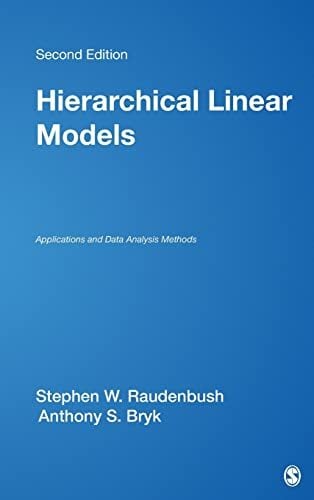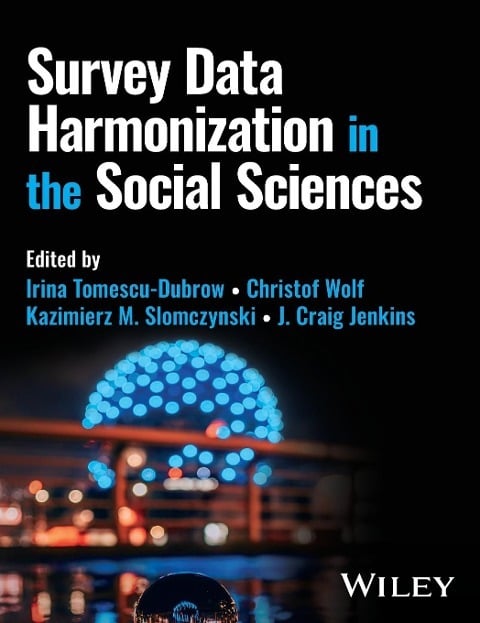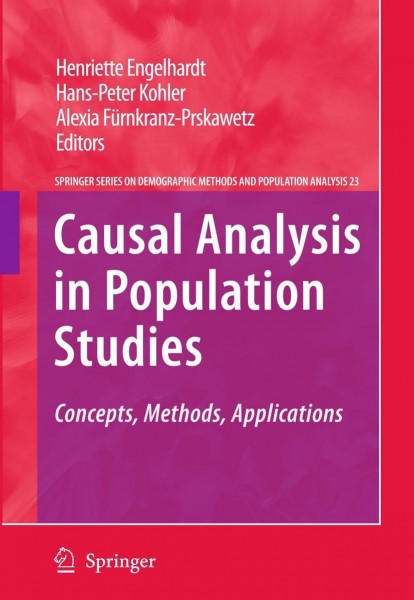
Causal Analysis in Population Studies
Kurzinformation
inkl. MwSt. Versandinformationen
Artikel zZt. nicht lieferbar
Artikel zZt. nicht lieferbar

Beschreibung
The central aim of many studies in population research and demography is to explain cause-effect relationships among variables or events. For decades, population scientists have concentrated their efforts on estimating the 'causes of effects' by applying standard cross-sectional and dynamic regression techniques, with regression coefficients routinely being understood as estimates of causal effects. The standard approach to infer the 'effects of causes' in natural sciences and in psychology is to conduct randomized experiments. In population studies, experimental designs are generally infeasible. In population studies, most research is based on non-experimental designs (observational or survey designs) and rarely on quasi experiments or natural experiments. Using non-experimental designs to infer causal relationships-i.e. relationships that can ultimately inform policies or interventions-is a complex undertaking. Specifically, treatment effects can be inferred from non-experimental data with a counterfactual approach. In this counterfactual perspective, causal effects are defined as the difference between the potential outcome irrespective of whether or not an individual had received a certain treatment (or experienced a certain cause). The counterfactual approach to estimate effects of causes from quasi-experimental data or from observational studies was first proposed by Rubin in 1974 and further developed by James Heckman and others. This book presents both theoretical contributions and empirical applications of the counterfactual approach to causal inference. von Engelhardt, Henriette und Kohler, Hans-Peter und Fürnkranz-Prskawetz, Alexia
Produktdetails

So garantieren wir Dir zu jeder Zeit Premiumqualität.

- Kartoniert
- 618 Seiten
- Erschienen 2022
- Routledge

- paperback
- 272 Seiten
- Erschienen 2010
- Routledge

- hardcover
- 330 Seiten
- Erschienen 2010
- Wiley

- hardcover
- 244 Seiten
- Erschienen 2015
- Apple Academic Press Inc.

- Gebunden
- 452 Seiten
- Erschienen 2001
- Springer

- paperback
- 258 Seiten
- Erschienen 1995
- UNIV OF CHICAGO PR

- paperback
- 408 Seiten
- Erschienen 2012
- Springer
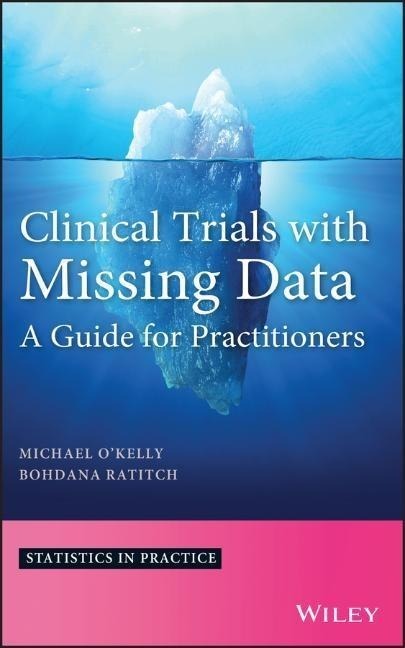
- Hardcover
- 480 Seiten
- Erschienen 2014
- John Wiley & Sons Inc
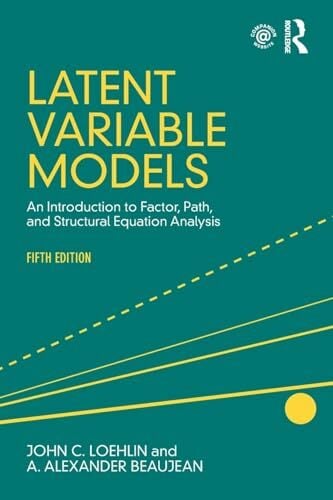
- paperback
- 390 Seiten
- Erschienen 2016
- Routledge

- Hardcover
- 328 Seiten
- Erschienen 2014
- John Wiley & Sons Inc

- Gebunden
- 514 Seiten
- Erschienen 2008
- Springer

















